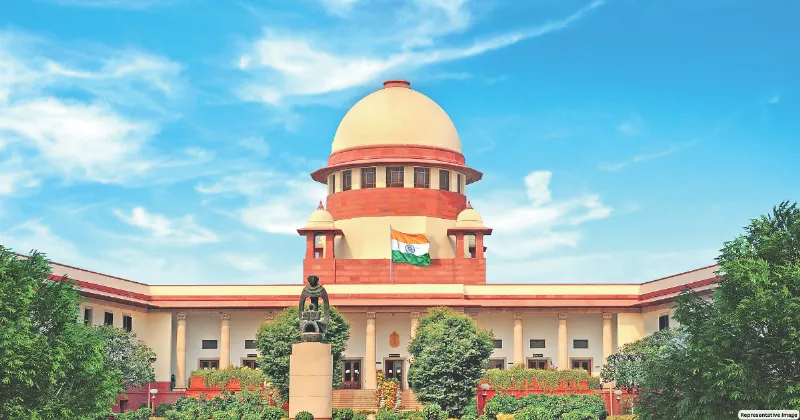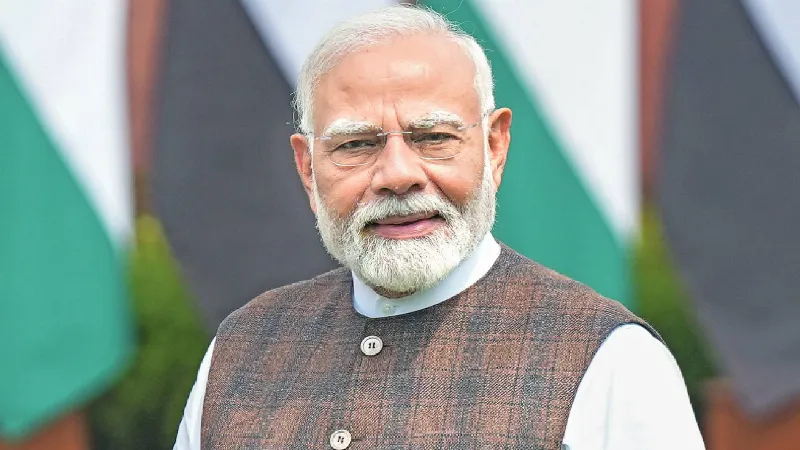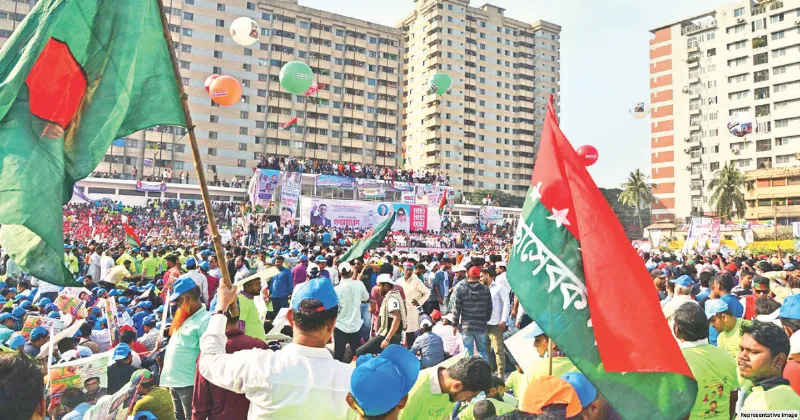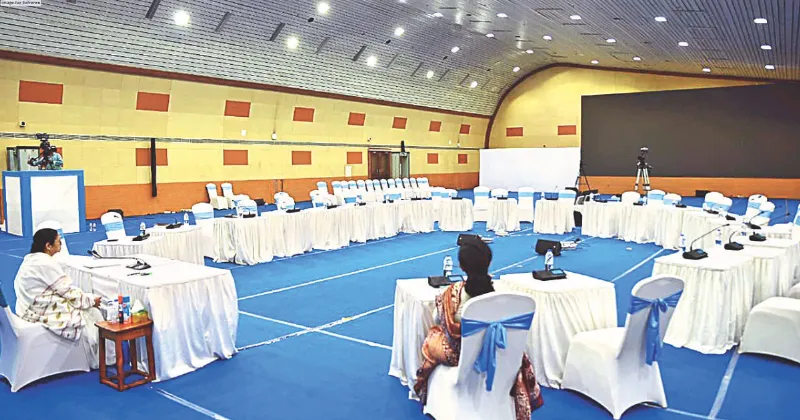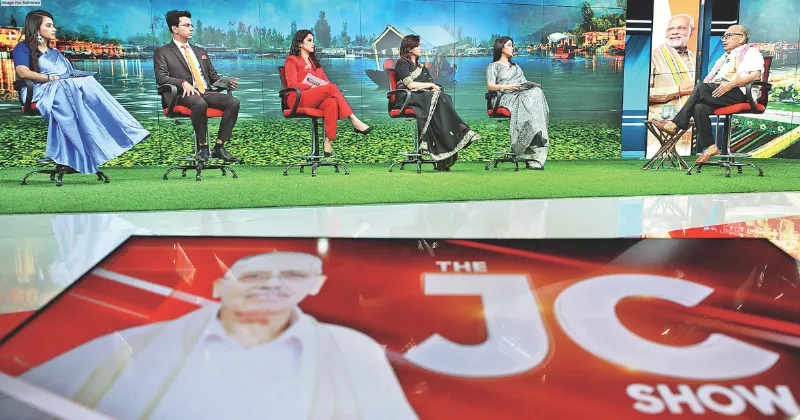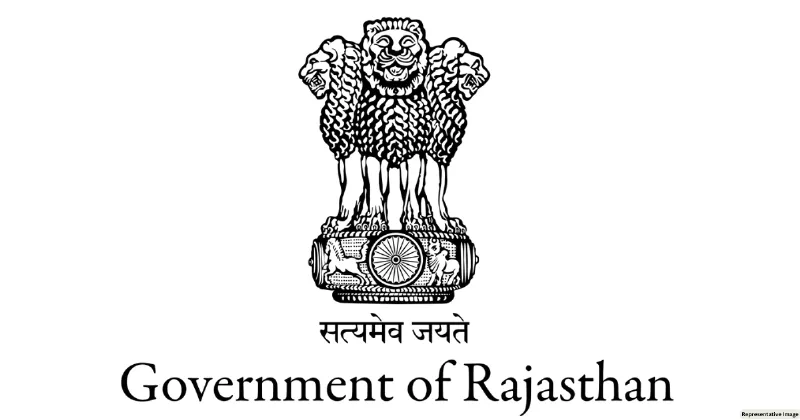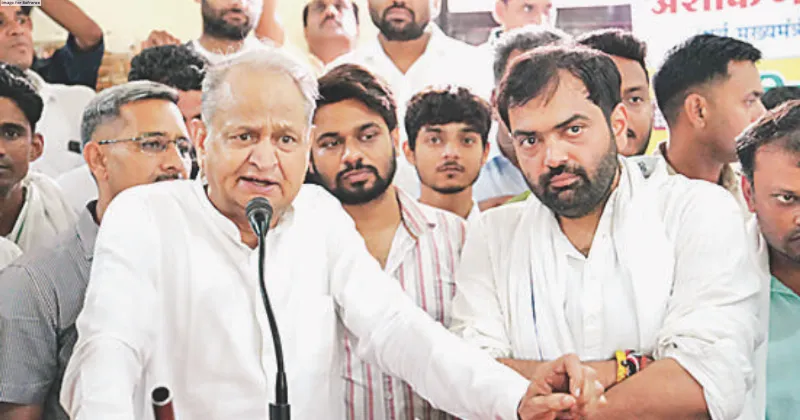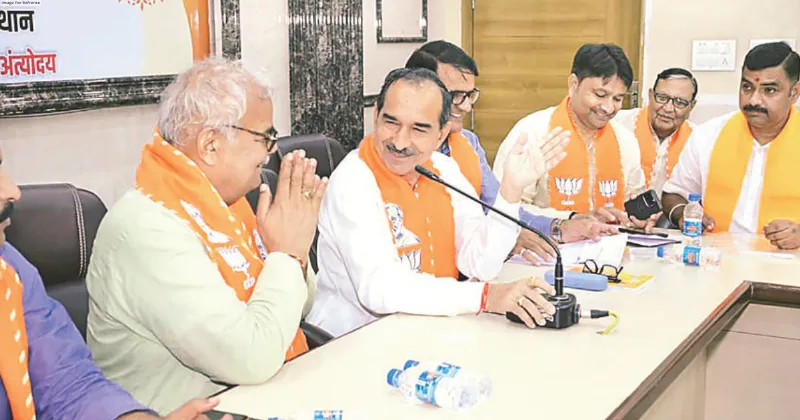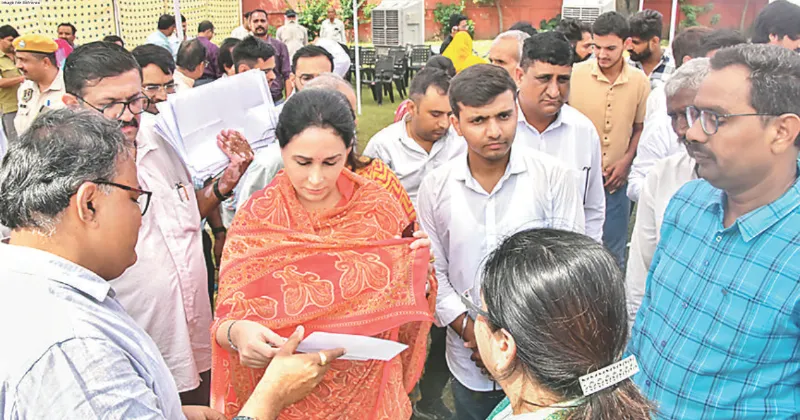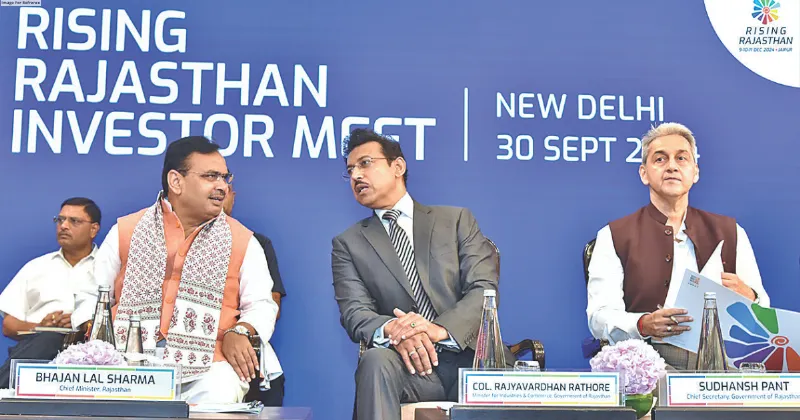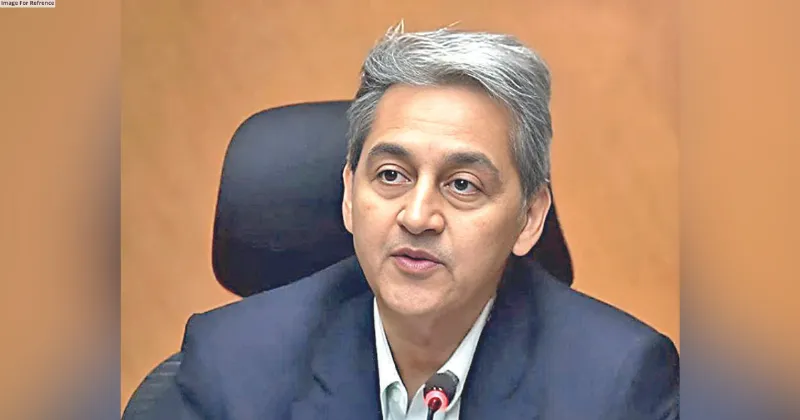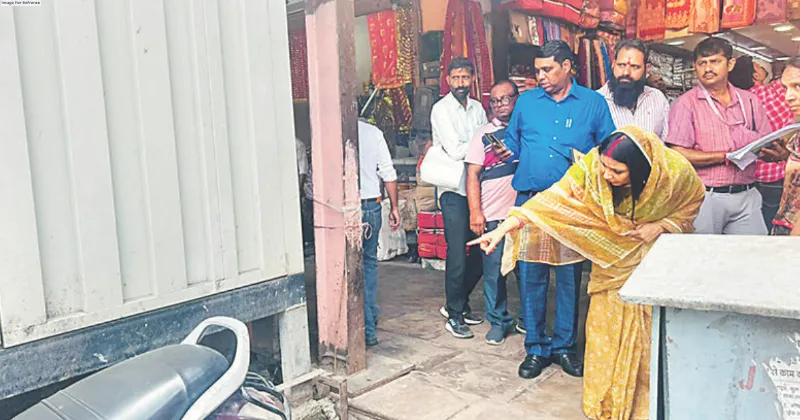Latest News
A MILLION ASPIRANTS!
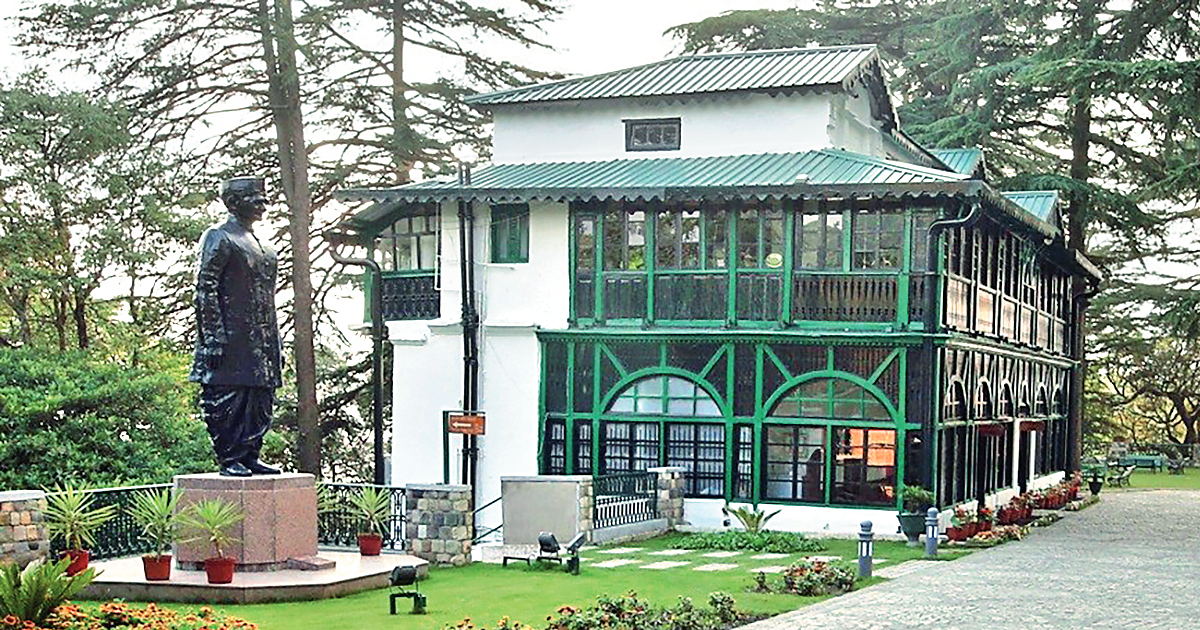
For the last three years, over a million aspirants have taken the Civil Services Examination (CSE) application form from the Union Public Service Commission (UPSC), and about fifty percent of them actually sat for the Preliminary qualifying exam.
(Prelims) The vast drop in numbers is on account of the limitation on the number of attempts, and if the preparation for the Prelims is not up to the mark, aspirants avoid taking the exam as it counts as an attempt whereas filling of the form is not.
While the general category can take up to six attempts, aspirants from the Other Backward Castes (OBC) can take nine attempts till they reach thirty-five years of age and there is no limit to the number of attempts by Scheduled Caste and Schedule Tribe candidates till the age of thirtyseven.
Of these half a million candidates, just about ten thousand qualify for the ‘mains’ exam.
One fourth will make it to the interview stage, and of eight hundred odd candidates who make it to the final ‘merit list, less than one fifth will be offered a placement in the Indian Administrative Service.
Based on their merit and preference, candidates opt for the two All India Services, the IAS and the IPS, and sixteen central services including the Indian Foreign service, and five group B civil services (Armed Forces Headquarters Civilian Service, and the Delhi and Puducherry Civil and Police services).
It may be mentioned that the ‘mains’ for the third All India service, the Indian Forest Service is held separately, and from 2022, the Railway services have requested the UPSC to conduct an examination for the two hundred odd vacancies in all the Railway services.
In addition to all the Group A services selected through the CSE, officers of the Forest and Economic Service also come together for the Foundation course which is held at the LBS National Academy of Administration.
The Foundation Course: ‘Sheelam Param Bhushanam’: Character is the Supreme embellishment This is drawn from Bhartrhari Nitisaktam, and the English translation of the Shloka reads ‘Affluence is adorned by goodness, valour by not boasting, knowledge by control of the senses, scholarship by modesty, wealth by giving to the deserving, tapas by the absence of anger, power by forgiveness, and Dharma by truth.
Character is the Supreme embellishment’ This point is driven home to all those who enter the portals of this institution as prior to their selection, each individual officer trainee has put in several months, (in some cases years) of hard work, and their academic merit, rigour and commitment have been certified by the UPSC.
Many become local celebrities as their accomplishment is feted by families, friends, all educational institutions they studied in, and of course the coaching centres.
Their mugshots appear in advertisements, and many get thousands of followers on their social media pages.
They have achieved a major milestone, but is this an end in itself, or a means to an end? In this context, it is important to drive home the points in the above verse, especially - non-boasting, modesty and sharing- with emphasis on ‘character building.’
Normally, the course Team as well as the Director of the Academy refer to this dictum in the inaugural program of a Foundation course.
Officer Trainees are briefed about the core values of the Academy: Integrity, Respect, Professionalism, collaboration and last but not the least, service to the underprivileged.
Integrity is much more than financial integrity – it includes courage of conviction and speaking Truth to Power.
In the context of Public Service, ‘Respect’ stands for embracing the diversity of language, religion, caste, gender, age, region, and socio-economic status.
‘Professionalism’ is the key element – for unless civil servants master the statute, rules, and procedure, they would cut a sorry figure.
The Academy also expects that civil servants will seek ‘Partnerships’ and collaborations with all the three tiers of governance, civil society, corporate, academia as well as the legislative and judicial arms of the government: the ultimate objective being to ensure inclusion- financial, legal, academic, social, physical - for most underprivileged persons.
(TO BE CONTINUED)








